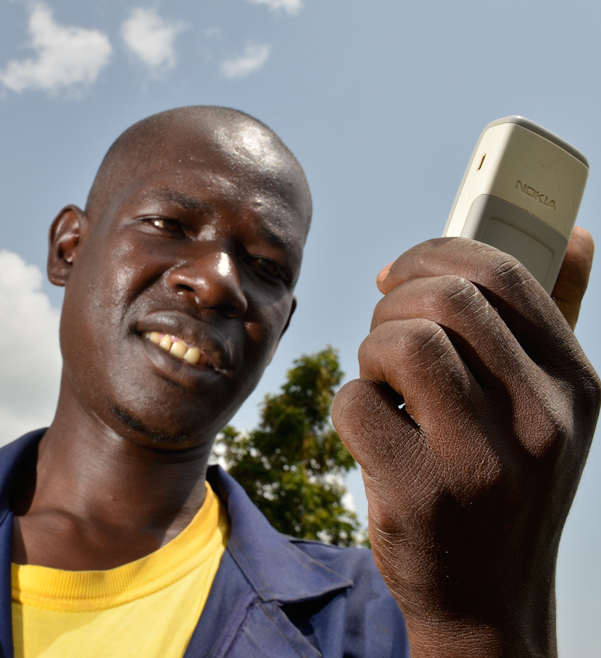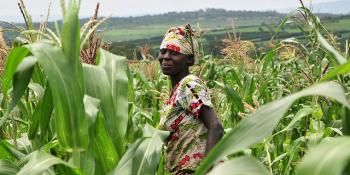

Smallholder farmers in the developing world are especially vulnerable to climate fluctuations and weather extremes, and are expected to suffer disproportionately from climate change. With institutional support and policies, advisories and climate information (historical, monitored, predicted) offer great potential to enable farmers to make informed decisions, better manage risk, take advantage of favorable climate conditions, and adapt to change. Yet a substantial body of research also shows that the availability of information is not sufficient for these smallholder farmers to benefit. Several additional challenges must be addressed, including:
- Salience: bridging the gap between the content, scale, format and lead-time that farmers need and the information that is routinely available;
- Legitimacy: giving farmers an effective voice in design and delivery of services;
- Access: supporting timely access and understanding for remote rural communities;
- Equity: ensuring that women and other economically and socially marginalized groups benefit;
- Integration: connecting climate services to the broader agricultural development effort.
This area of research deals with the information, communication processes, institutional arrangements and evidence needed to provide effective, equitable climate information and advisory services that benefit smallholder farmers at scale.
To address the salience challenges, we work with national and regional climate institutions on methods and tools that enable them to provide information tailored to farmers’ decisions.
We work to improve farmers’ ability to access and use climate-related information through methods and training curricula that equip agricultural extension and other intermediary organizations to incorporate climate information into their interactions with rural communities. This is complemented by the development of interactive communication channels such as mobile phones and interactive radio programming.
Legitimacy is fostered through institutional arrangements that bring together climate information providers, agricultural research and extension, national policymakers, and farmer representatives to sustainably co-develop climate services. We research the development of methods and tools, and we participate in the implementation and evaluation of climate services from the pilot- to national-scale.
click here to download the infographic



